End of App Store monopoly: Apple reportedly working to allow sideloading on iPhone
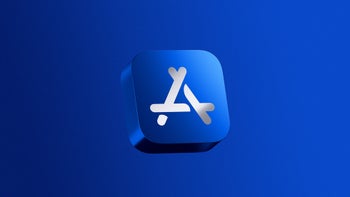
Apple will have to bow to another European Union demand: opening up the iPhone and iPad to third-party app stores and sideloading.
The Cupertino giant has always been vehemently opposed to letting iOS users downloads apps from anywhere other than the official Apple store. The company argues that this restriction keeps the iOS ecosystem secure, but opponents say it is more about having a stranglehold on revenue generated by apps downloaded by Apple users.
The EU isn't buying Apple's explanation
A new European Union law called the Digital Markets Act will require Apple to lift the restrictions it has placed on app downloads.
Work is underway at Apple to allow alternative app download sources, per Bloomberg. Apple takes a 30 percent cut of App Store sales, which many developers argue is unfair, and having the option to host apps elsewhere would allow developers to avoid this Apple tax.
It appears that these changes will initially only be rolled out in Europe, but given that US lawmakers have also been discussing sideloading, a broader rollout is presumably not far off.
Apple legally isn't required to introduce these changes until 2024 but the company is reportedly planning to roll them out with iOS 17 next year.
Apple will still have some requirements in place
The company will not give up all control and could mandate certain security requirements for all apps and may even ask for a verification fee. It's not known whether developers distributing their apps through the official store will be allowed to install payment systems of choice.
Other than that, Apple may allow third-party apps to more closely interact with the company's hardware and core system functions and also open up features that are currently only accessible to its own apps, such as the NFC chip and the Find My network.
One requirement that Apple is still not ready to comply with is opening iMessage and Messages app to third-party services as the company engineers believe this could undermine privacy.
In a win for consumers, the EU recently made it mandatory for Apple to ditch the lighting port for USB-C. The freedom to download apps from anywhere would be another win, though it can be argued unofficial app marketplaces would make the iPhone less safe.
Google's Android and even Apple's Mac already allow sideloading.

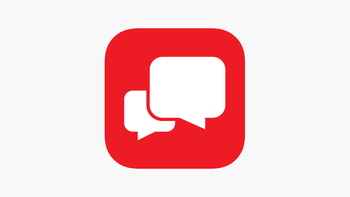
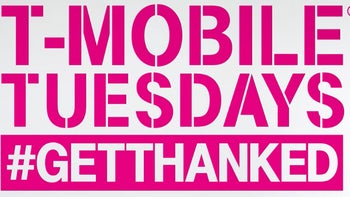
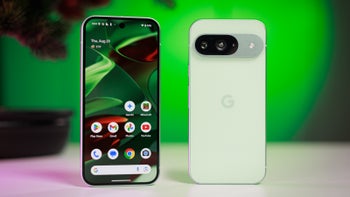
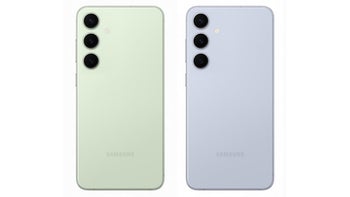



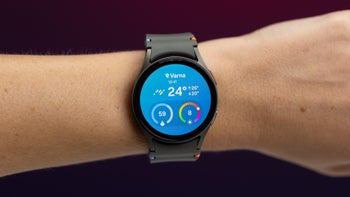
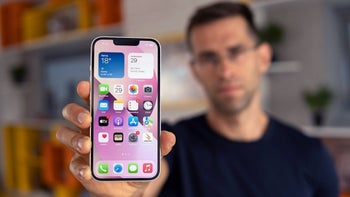



Things that are NOT allowed: